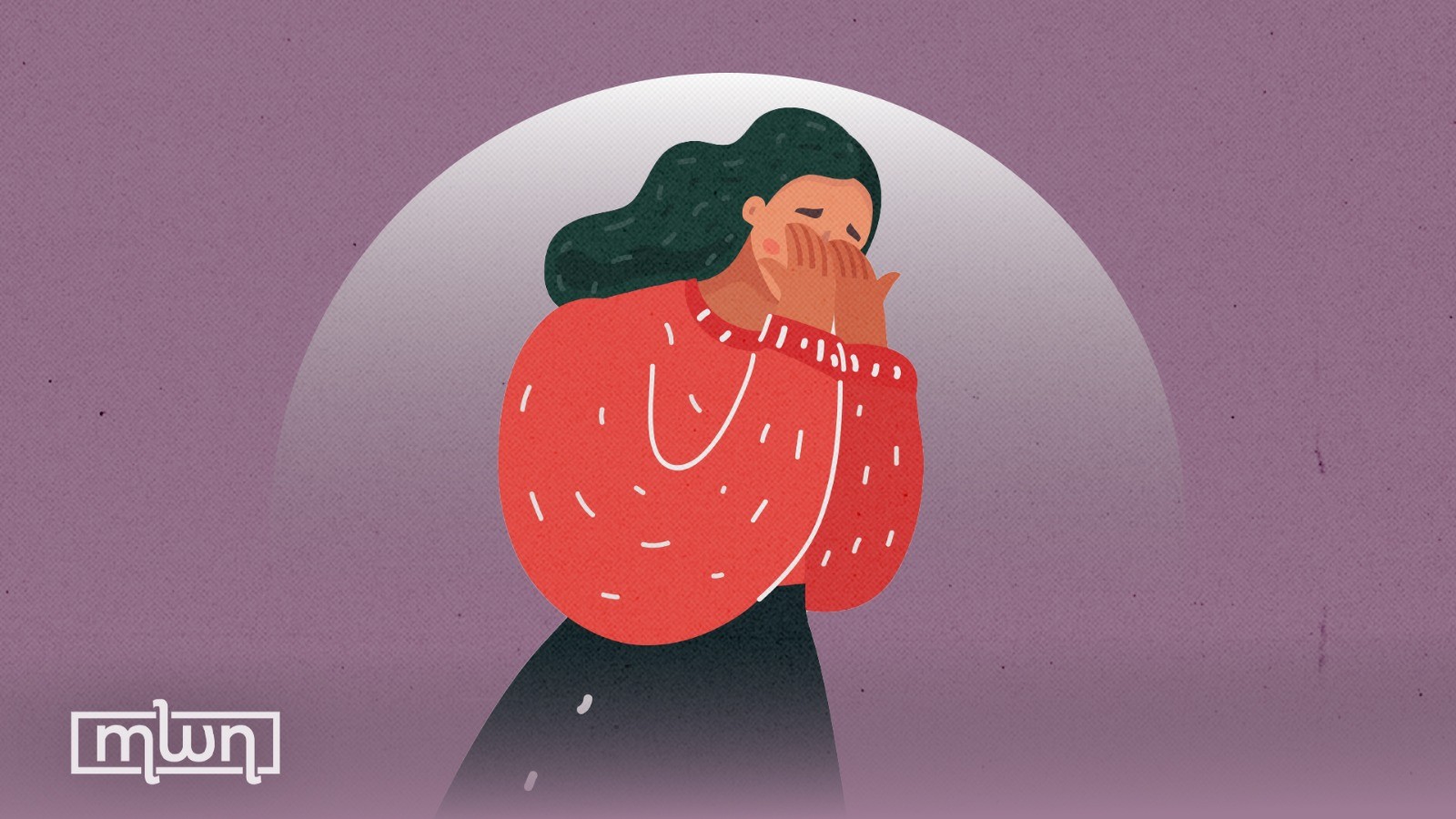Rabat – Are you an adult still unsure of how you’ve made it this far? Well, buckle up, because today we are delving into the depths of adulthood, exploring the intricate network of trauma and how it molds our identities.
We’ve all heard the saying, “What doesn’t kill you makes you stronger.”
These traumatic experiences may not have quite done that, but without proper awareness and support of our mental health, they will have a lasting effect on how we function.
Trauma 101
Life sometimes throws us curve balls so unexpected that it feels like we just stepped off a minefield.
Here’s the unfortunate kicker; trauma doesn’t simply disappear after the storm passes.
It stays, silently manipulating our adult selves like a skilled puppeteer while hiding in the depths of our mind.
The American Psychological Association defines trauma as “an emotional response to a terrible event like an accident, rape, or natural disaster.”
“Immediately after the event, shock and denial are typical. Longer term reactions include unpredictable emotions, flashbacks, strained relationships, and even physical symptoms like headaches or nausea,” states the source.
There’s no denying that trauma can leave its mark. From less severe forms; like that ex who ghosted you without a second thought or the time you bombed that presentation in front of your entire office, to more serious events like losing a loved one suddenly or dealing with a substance addiction.
These experiences stay with you, influencing your thoughts, anxieties, and actions in ways you may not even be aware of.
The Mental Health Center says that trauma “can have profound and long-lasting effects on adult relationships,” including trust issues, low self-esteem, fear of rejection or abandonment, and physical intimacy problems.
Take, for example, the aftermath of a heart-wrenching breakup. The pain may fade with time, but the scars it leaves on our hearts linger, shading our future relationships with a tinge of caution.
Building emotional walls, being reluctant to trust, and being open to the dread of getting wounded again are possible outcomes.
A user on X, formerly Twitter, recounted an instance of her trauma, explaining, “Not being able to do anything in childhood without your mother’s permission has led to the trauma of not being able to socialize in adulthood without a close friend.”
Another one shared her surprise about the role of trauma in adulthood, stating, “Crazy how trauma shows up in adulthood.”
Coping mechanisms: facing the trauma or faking it?
Moreover, trauma has a way of shaping our coping mechanisms, influencing how we respond to stress and adversity.
Consider the person who withdraws into the security of solitude due to the crippling weight of prior trauma, as moments of peaceful introspection provide them comfort.
Some may see this withdrawal as avoidance, but for them, it’s a necessary refuge.
There are many, however, who use their suffering as fuel for artistic expression.
Whether through art, music, or writing, they transform their inner turmoil into tangible forms of beauty and catharsis.
Conversely, there are more toxic coping mechanisms where people whose coping strategy is running to the safety of substance abuse.
An occasional reprieve from the distressing memories and emotional upheaval that come with trauma might be found with alcohol, drugs, or other addictive habits.
Good Therapy highlights in an article that resorting to alcohol or other substances as a coping mechanism for trauma disrupts the body’s innate protective processes.
Consequently, it can initiate a form of emotional withdrawal, potentially increasing the risk of developing post-traumatic stress disorder (PTSD) over time.
SoberRecovery is the leading online referral source for those seeking the best rehab facility centers.
This forum provides a supportive community for individuals struggling with alcohol addiction and related issues.
It provides a number of discussion forums where users may exchange stories, look for guidance, and get support from other people who are pursuing recovery.
The plot twist
Despite the pain, if you can relate to continually feeling the effects of past trauma, there is a silver lining.
You have developed the much needed attribute of resilience.
Resilience post-trauma is about getting back up on the life runway after being knocked down and parading like the powerful human that you are.
It is by no means easy, but recovery is possible.
Think about it, some of the most iconic figures in pop culture have risen from the ashes of their own trauma.
From musicians to actors, writers to activists, these individuals have used their suffering as inspiration to create works of art that communicate achievement, resiliency, and empowerment via their own experiences.
In the realm of politics, we find figures like Nelson Mandela, whose decades-long struggle against apartheid in South Africa led to his imprisonment for 27 years.
Yet, Mandela emerged from captivity with an unwavering commitment to reconciliation and forgiveness, ultimately becoming the country’s first democratically elected president.
Turning to the world of business, we come across people like Oprah Winfrey, who survived a difficult upbringing filled with poverty and abuse to become one of the most powerful media moguls in the world.
Millions of individuals have benefited from Winfrey’s activism, philanthropy, and talk shows, which have helped them overcome personal challenges and lead fulfilling lives.
These individuals have taken the raw emotions of their experiences; the heartbreak, the loss, the despair, and channeled them into their craft, creating works that resonate with audiences on a deeply personal level.
Being an adult is like attempting to navigate a maze without a map. But the good news is, other are also trying to find their way, and you are never alone.
In the end, does trauma make us who we are? Perhaps.
But for the better or for the worse, what matters is how we choose to rise above it.
As we navigate the ups and downs of maturity, remember that we are the storytellers of our own lives. You got this.
















